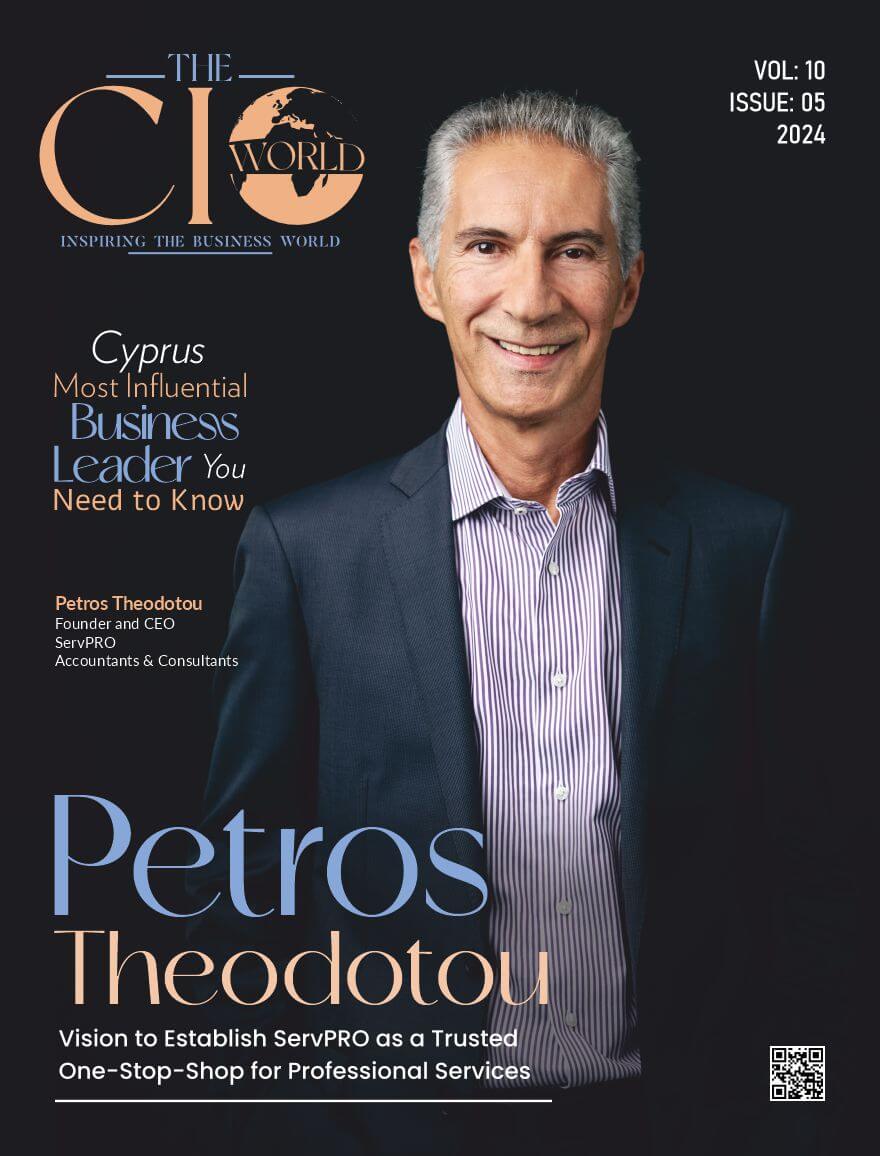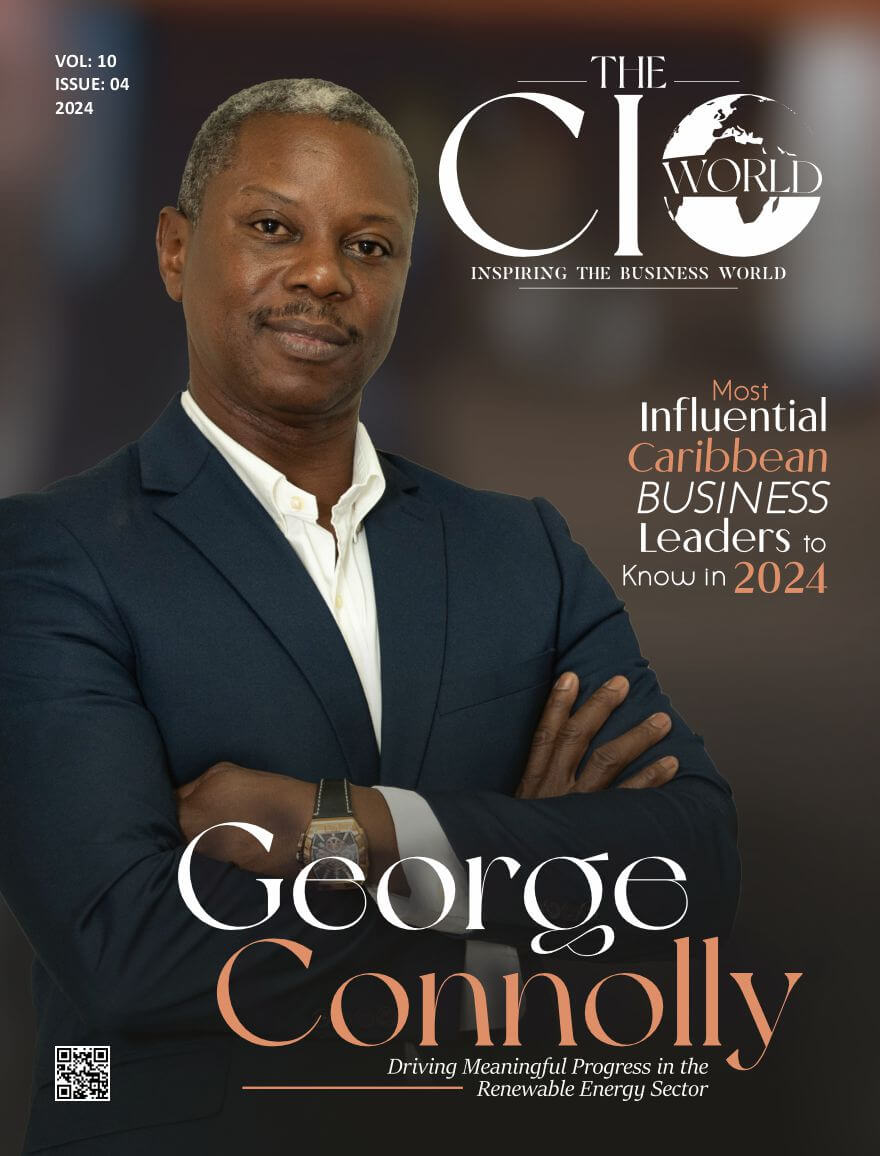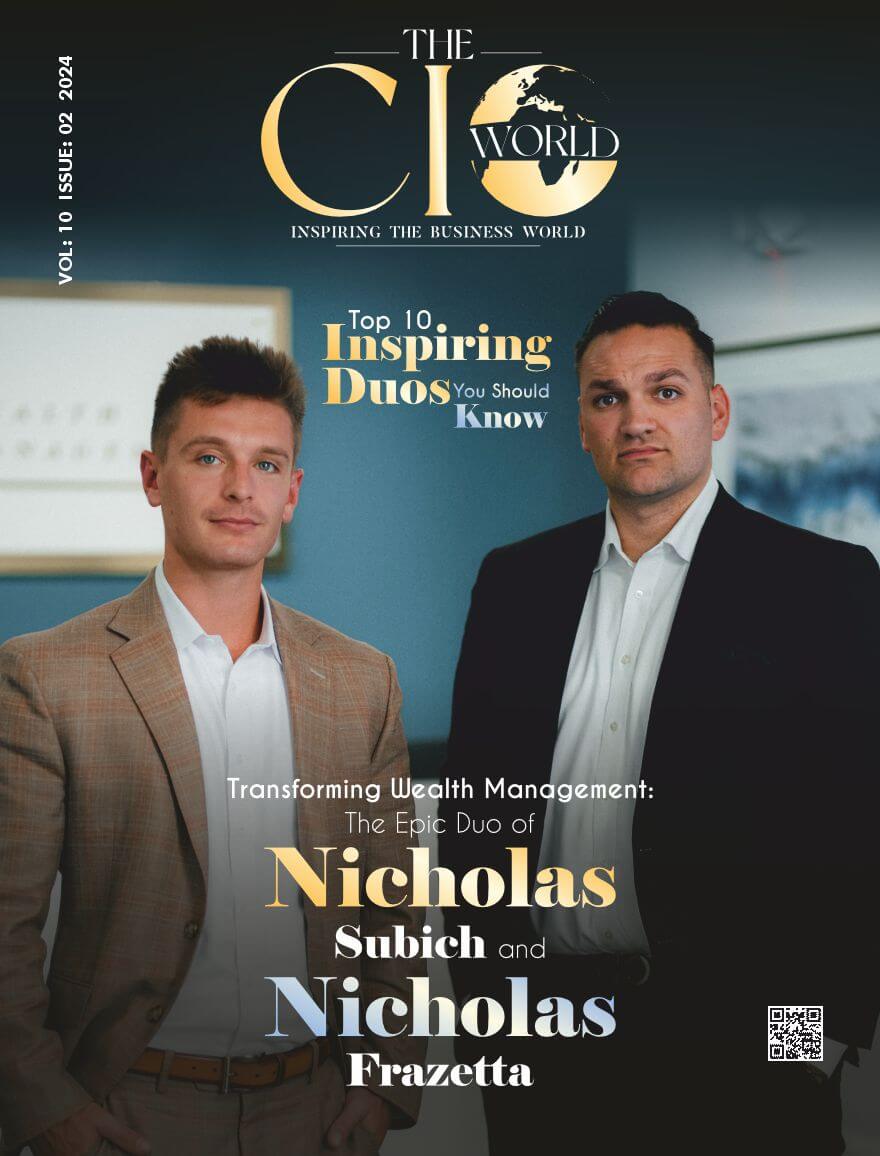While the high-powered image of a CEO may remind one of sharp suits, high-stakes meetings, and an unyielding drive for profit, beneath the polished exterior lies a set of rather unlikely habits which all successful leaders share.
These habits make them effective not only in the boardroom but also increase their overall well-being and personal life. Knowing these practices will give anyone looking to improve his or her self-productivity and success valuable insight
The Morning Routine
One of the most common among such successful CEOs is a repeat morning routine. According to different research studies, close to 90 percent of executives wake very early in the morning, mostly before 6:00 a.m. This allows them to formulate schedules for activities that set in a positive tone for the day.
Many CEOs spend time in a quiet hour exercising, meditating, or reading. For instance, one short period of exercise helps boost cognitive functions and relieve the pressure. That is how leaders prepare themselves before getting up for a day to start conquering the problems of the day.
Mindful Exercise
Mindfulness has become a rage over the past years, and it has been embraced by most high-powered CEOs in connection with enhancing their concentration and leadership skills. Mindfulness can be defined as paying conscious attention in the present while being fully immersed in one’s thoughts and feelings without judgment.
According to research undertaken in Harvard University, mindfulness may contribute to greater control over emotions in the event of chaos surrounding leadership. Any Chief Executive Officer must carve out time each day to be mindfully practiced, either through meditation or deep breathing exercises or even a few minutes of silence to maintain calm and clarity in personal and business life.
Continuous Learning
Another surprising habit that an effective business leader maintains is commitment to lifetime learning. Many CEOs have relinquished some hours of their week to read books, attend workshops or take online courses. LinkedIn said that 94% would stay at a company longer if it invested in their learning.
This number not only tells of the requirement to continuously gain education for the development of the self but also facilitates organizational success. With a view of industrial trends and developing technologies, a CEO will always make informed decisions and lead the company more effectively.
Nurturing Relationship
The head managers who achieve a long-term success know well the value of good relations. Networking is much more transactional, yet many leaders view networking in an entirely different light. Mostly, they need that interaction from mentoring programs as well as more casual get-togethers.
According to the American Psychological Association report, social support is known to greatly reduce the stress level and improve the overall welfare of individuals. Being in relationships within and outside the organizational boundaries, the CEOs tend to create a network that will be very helpful whenever they are asked for information or for support .
Work-Life Balance
The stereotype of the workaholic CEO fades slowly as more leaders realize that work-life balance is an important theme. Many successful executives will continue to make spending some quality time with family and friends or hobbies outside of work a priority.
It has been reported that a Gallup poll found that employees with a good work-life balance are 21% more productive than those with a bad work-life balance. If CEOs get enough time for themselves and demarcate their working and non-working hours, then this will in turn allow them to regain their levels of energy and return to work fresh.
Effective Delegation
One of the most surprisingly healthy habits of a very successful CEO is being a great delegator. Of course, this would seem ironic for a leader of such incredible responsibility to give up some sort of control, but an effective leader understands she or he can’t do it all him- or herself.
McKinsey & Company reported that an effective delegation would gain 25% productivity for the team. Delegating power from the CEO to employees so that they can assume responsibility over certain tasks and projects alleviates the workload for him but also gives the employees an environment in which they will feel valued and engaged in their work.
Embracing Failure
Failure is always something you do not really want, but lots of successful CEOs have it as an indispensable ingredient for growth. They just know that failure offers a lesson that may be utilized for further success.
A University of Pennsylvania study determined that those who believe failure is an educational experience build better resilience in overcoming obstacles. In this regard, a CEO can set up their team to become more confident and more likely to take calculated risks without fear of backlash; this, in turn, facilitates innovative work in an organization.
Maintaining Physical Activity
Physical fitness plays a very important role in general wellness and productivity. Most successful CEOs exercise regularly. According to the Mayo Clinic reports, it’s true; exercising improves mood and provides people with energy and maintains them sharp at work. Running or cycling or doing yoga, whatever forms, exercises keep one sharp and energetic enough to address the stress of any day at work.
The habits of highly successful CEOs in themselves may not always be in accordance with what people expect out of the CEO’s leadership behavior; however they present valuable lessons for every individual striving to achieve success in their life. Morning routines, mindfulness, continuous learning, relationships, balancing work and life, delegation of work, failing not, and remaining active and fit help to create habits that are beneficial for personal well-being as well as professional effectiveness.
This means entrenching in your lifestyle those eccentric practices that will make you produce at work and out of it. As one produces, achieving monetary success happens less as a milestone; rather, success comes in the form of how one navigates crises and keeps fully fulfilled along the way.







